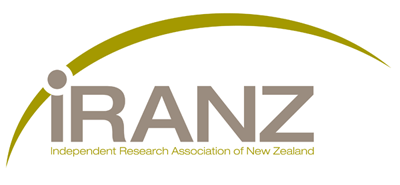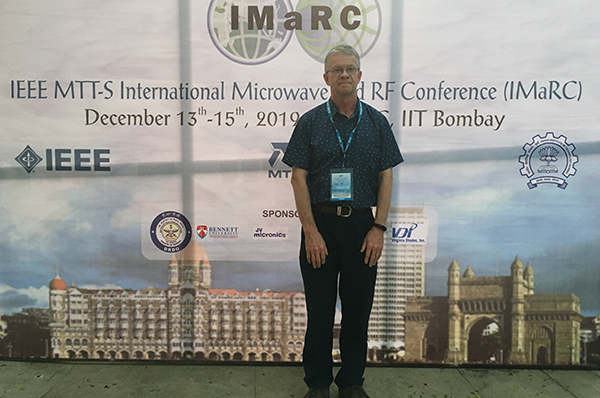Lincoln Agritech: Microwave medical scanner – a device whose time has come
A project to develop a hand-held, non-contact microwave medical scanner that images bone and tissue with sub-millimetre resolution provides a quicker and easier way to get medical images.
The device, being funded by Ministry of Business, Innovation and Employment and developed by Lincoln Agritech in collaboration with the Universities of Waikato, Auckland, and Nice-Sophia Antipolis in France; with linkages to hospitals in Auckland, Christchurch, and Nice, is aimed at point-of-care use in both clinical and emergency medicine.
Traditional MRIs or PET scanners are both bulky and expensive, and require expert operators. By comparison, a hand-held microwave medical scanner is low-cost, portable, and could be used in general practice, retirement homes, in remote areas where patients may struggle to access services, or even in the back of an ambulance.
Lincoln Agritech research scientist Dr Kim Eccleston recently presented papers by the team on the science behind the microwave lens, at the heart of the scanner, at two international microwave conferences – the International Microwave and RF Conference in Mumbai, India in December 2019 and the 4th Australian Microwave Symposium in Sydney, Australia in February. This latest research deals with characterising artificial materials, which is an important step towards developing the lens.
“There are quite a lot of different aspects to the project,” says Dr Eccleston, “We are developing lenses which will focus very low power microwaves that can safely be used on people. At the same time we want to create high resolution three-dimensional images of scanned bone or tissue that can be easily interpreted by the user and this requires super-resolving lenses.”
Dr Eccleston says that during his trip to Sydney he visited an expert professor of microfluidics and 3D prototyping at the University of Technology Sydney (UTS). These technologies open up interesting possibilities for microwave technology. He also visited the laboratory of another academic expert on energy-harvesting, who aspires to apply microwave technology to wireless devices in the agricultural industry. “I am looking forward to further interaction and collaboration with these experts in the near future.”
While the microwave medical scanner programme is currently focussing on New Zealand’s medical equipment needs, Dr Eccleston says there is potential for the work to expand into veterinary scanning or even the scanning of built structures for material testing.
More Information
See “Lincoln Agritech Presents Microwave Research at International Microwave Conferences”.
Date posted: 1 May 2020

